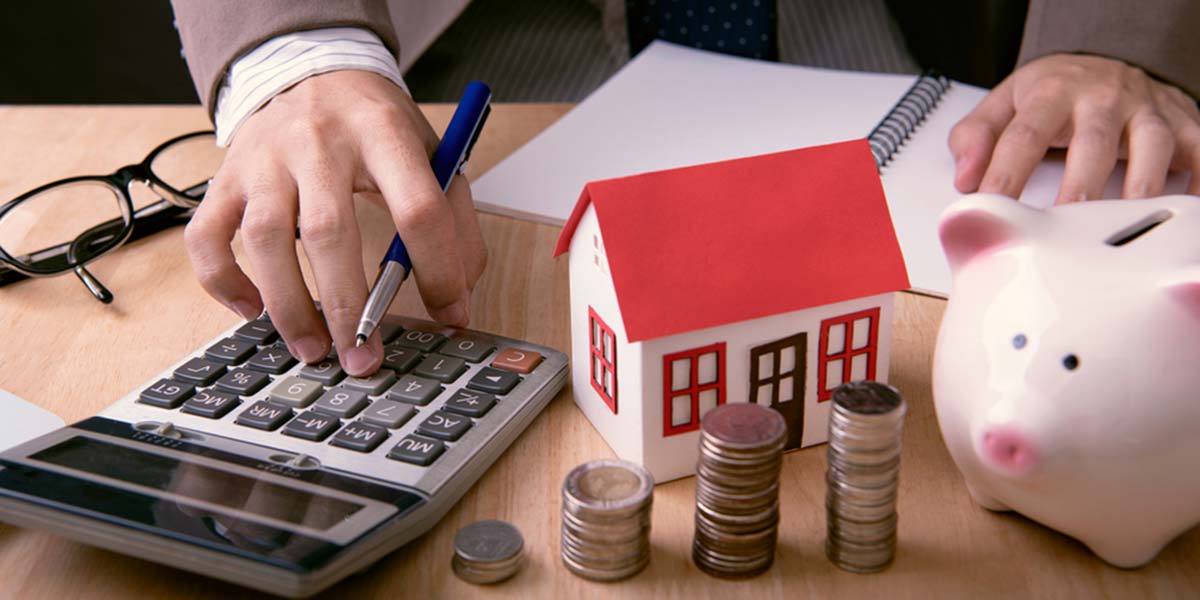-

In Thailand, if you are selling or buying a property, you are obliged to adhere with government regulations and correctly pay the necessary tax obligations. Below is the schedule of tax obligations that a purchaser or a seller of an immovable property must pay the Thai government through taxes.
Descriptions of the type of taxes are given below. The table contains the schedule and on the first column is the type of tax, followed by which party who normally pays the tax and lastly the amount to be paid.
TAX Which Party Who Normally Pays AMOUNT Transfer Fee Buyer 2% of Registered Value Stamp Duty Seller 0.5% of Registered Value Withholding Tax Seller 1% of Appraised Value Business Tax Seller 3.3% of Appraised Value - Transfer Fee – this is 2% of the property’s registered value. This tax is normally paid by the buyer of the property but can be paid by seller too, depending on the Sale and Purchase Agreement signed by the parties. This will be paid to the officer of the Land Office.
- Stamp Duty – this is only payable if exempted from business tax. The 0.5% is based either from the appraised value of the property or the actual purchasing price, whichever is higher.
- Withholding Tax – if the seller is a company, this 1% of the appraised value of the property or actual selling price, whichever is higher must be paid. If the seller is an individual, the withholding tax is determined by the Revenue Code of Thailand. The rate is calculated based on government assessed price and is subject to deductions basing on the year of the person’s possession on the property. Meaning to say, the longer you possessed the property, the higher the deduction.
- Business Tax – This type of tax applies to both individuals and companies and it is 3.3% of the appraised value of the property if selling within 5 years. In some cases, exemption from the tax is available if the seller is an individual who is going to transfer his real property to: legitimate child, government agencies and religious entities like churches or temples. If Business Tax is charged, stamp duty is not payable. The 3.3% also includes the municipal tax.
If you are interested in investing to real properties in Thailand, you need to have the precise information and know how on:
- Expert Property Agent
- Legal Planning
- Best Method of Ownership
- Title Investigation
- Deposits
- Review of Contracts
You can use of expert opinions and services through law, property management and real estate firms. There are many of such firms in Thailand.
You just have to be careful though as you have to make sure that the lawyer you are availing such service is not a representative of the developer/seller/lessee of the land or property you are interested in acquiring.
Privacy Policy | Terms & Conditions
leave a comment